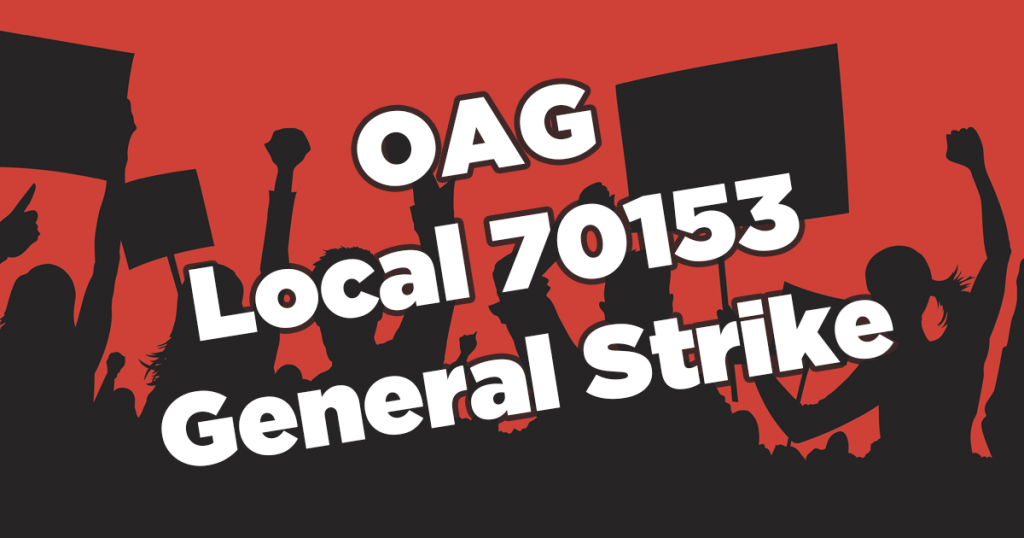
When Tristan Drozdiak received $15,000 in lump sum payments in 2018 compensating him for two years of underpayments, he assumed he could leave his Phoenix nightmare behind him. But four years later, his future is anything but certain after receiving a letter claiming he now owes $3,000 in overpayments.
“Receiving a bill was a massive surprise for me,” said Tristan. “I thought my situation had been resolved for four years. Then I find out, out of the blue, that it’s not resolved and it’s as complicated as ever.”
The ongoing pay issues forced Tristan and his now fiancée, Teri, to put off buying a home back in 2016. Now, as they plan their future together, Tristan has an uneasy feeling that his Phoenix issues may never be resolved.
“We already waited to buy a house, and now we’re planning for a wedding and maybe kids. But who’s to say I’m not going to get contacted in another four years? It feels like there’s a sword hanging over my head and I shouldn’t have to deal with that stress.”
“It feels like there’s a sword hanging over my head and I shouldn’t have to deal with that stress.”
Tristan began his public service career in 2013 and moved into his current role as an interpreter with Parks Canada in Edmonton in 2015. For two years between 2016 and 2018, the PSAC-UNE member was underpaid by $7 per hour on each pay, and at one point was overpaid $3,000 in one month.
Although his field unit tried to support him, they didn’t have answers, and it took more than a year of back and forth with the Pay Centre before he got confirmation that the system had been updated to indicate there was a problem. Meanwhile, Tristan created a spreadsheet to try to keep track of what was happening but found it too frustrating and complicated to manage.
“It was very difficult to track what the heck happened between 2016 and 2018,” said Tristan. “In addition to everything else, there were little mistakes that happened constantly on my paycheques that to this day I’m not sure how to untangle.”
In the summer of 2018, two lump sum payments appeared in his bank account. However, he never received an explanation or breakdown of the payments and couldn’t understand how the numbers were determined. To complicate matters, he also received the retroactive pay he was owed after the new Parks Canada collective agreement went into effect on May 31, 2018.
“I appreciate the constant advocacy from PSAC — it makes me feel like someone’s actually in our corner.”
When he received a letter from the government earlier this year claiming he owed $3,000 in overpayments, he turned to PSAC for support to escalate his case and get to the bottom of his pay issues. PSAC has helped more than 10,000 members fix their Phoenix issues, whether it was with their pay, pension, health care benefits, or severance.
“I appreciate the constant advocacy from PSAC,” said Tristan. “Just the fact that you are pushing and not letting things slide makes me feel like someone’s actually in our corner.”
If you have a pay issue you haven’t been able to resolve with the Pay Centre and would like our Phoenix team to escalate your case, reach out to us and select the Phoenix problem you’re experiencing from the dropdown menu.








